State Risks Falling Short of Carbon Reduction Benchmarks Unless It Puts Equity First
To reach Gov. Gavin Newsom’s net-zero emission vehicle goal by 2035, officials should put equity goals at the forefront of the state’s strategy or risk falling short of benchmarks and worsening community disparities, according to new research by the UCLA Luskin Center for Innovation. The report highlights challenges and opportunities amid California’s push to cut carbon emissions and local air pollution. The study comes as state lawmakers consider Newsom’s 2021-22 budget proposal, which includes $1.5 billion toward zero-emission vehicle efforts. “As California transitions to a zero-emission transportation system, it needs a robust and multifaceted agenda for equity-centered clean transportation policies,” said JR DeShazo, director of the Luskin Center for Innovation. “Pursuing this agenda of recommendations elevates and builds equity into the next generation of California’s clean transportation policies.” The study, commissioned by the Los Angeles Business Council, underscores that previous clean transportation policies did not equally benefit all Californians. Low-income communities hit hardest by pollution have been largely left behind in the green transition, and disparities threaten to impact communities of all income levels through climate change. The greatest hurdle to meeting environmental goals appears to be directing clean vehicles to moderate- and low-income drivers who are more likely to own older, emissions-heavy vehicles. Researchers recommend lowering the purchase price of new and used zero-emission vehicles, subsidizing vehicle financing, and reducing the cost of charging infrastructure and the electricity or fuel itself. A key recommendation is for zero-emission fleets to be deployed first to disadvantaged communities.
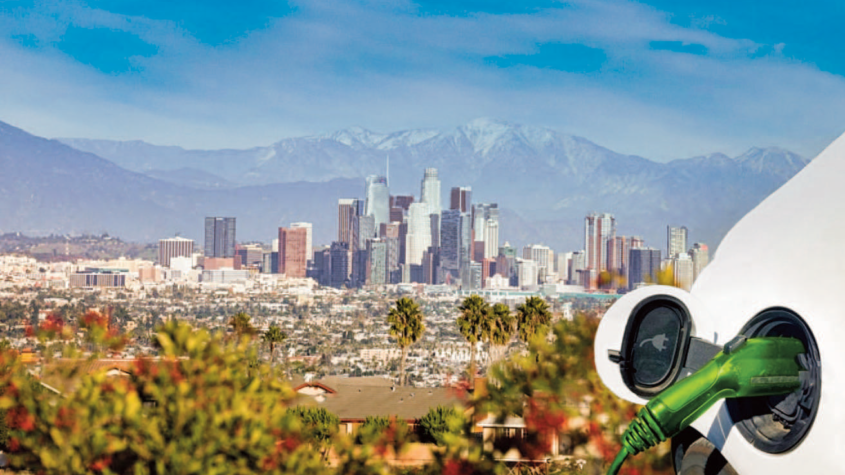

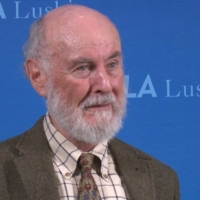
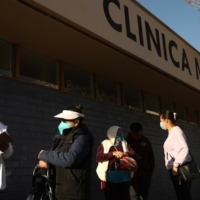
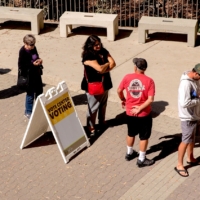

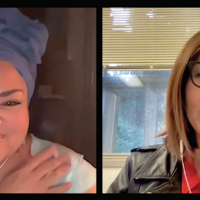



Leave a Reply
Want to join the discussion?Feel free to contribute!